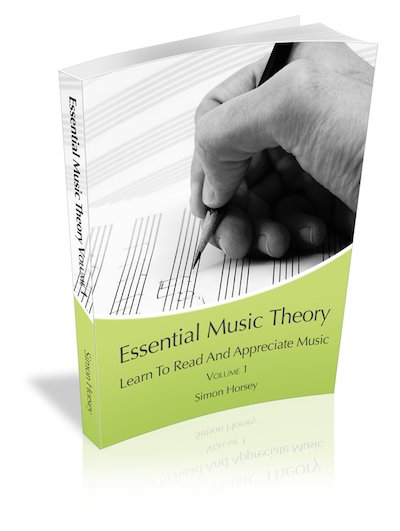I can't seem to learn to read music?
by Kelly
(Brighton,Ontario,Canada)
Hi,
The question I have is I have never been able to learn how to read music, I have tried many times, I've tried to learn how to play piano, clarinet and flute and after less two years have had to quit because my teachers get frustrated with me.
If the letters are above the notes I can read the letters, but take them away I am lost. My teachers have tried to tell me what keys are what notes but this does nothing. I am just wanting to learn how to play music for fun not get into any sort of band or group.
Is there a name for individuals who can't learn to read music notes? Is there a way these types of people can learn to read music without having to learn how to read the actual notes but can learn with the letters instead? How would I go about telling a teacher this or asking this question?
Any advice would be most helpful, as I find music very relaxing and don't want my disabilities preventing me from doing the things I love and am interested in.
Thanks
A Clear Path To Learning Music Theory
For more help check out my new theory book Essential Music Theory: Learn To Read And Appreciate Music Vol. 1 available for iPad and Mac OS.
- A simple step-by-step course that takes you from complete beginner to grade 2 music theory
- Multi-faceted learning - audio, video, mind maps, clear musical examples
- Built in quizzes to check your understanding
Click here for more information.
Or get it on the iBooks Store!
